Join getAbstract to access the summary!

Join getAbstract to access the summary!
Jennifer Jett
How Press Freedom Is Being Eroded in Hong Kong
The New York Times, 2021
What's inside?
The forced closure of Apple Daily and its founder’s arrest bode ill for Hong Kong journalists.
Recommendation
With Hong Kong’s lively, pro-free speech newspaper Apple Daily forced to shut its doors, and its founder and other employees arrested, press freedoms are under attack in the Chinese territory, as Jennifer Jett reports in The New York Times. The crackdown springs from an ambiguous law enacted in June 2020 meant to suppress opposition to Chinese rule. Hong Kong’s public broadcaster RTHK is also under pressure, with staffing changes and canceled shows. The Chinese government is considering more laws to restrict press freedoms.
Summary
About the Author
Hong Kong-based Jennifer Jett is a senior staff editor at the international New York Times.









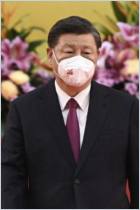
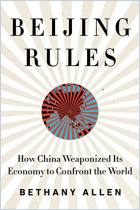
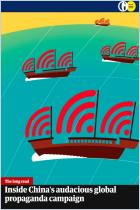




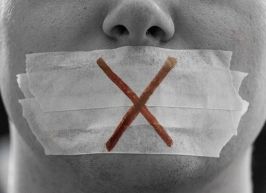


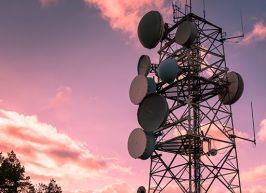

Comment on this summary